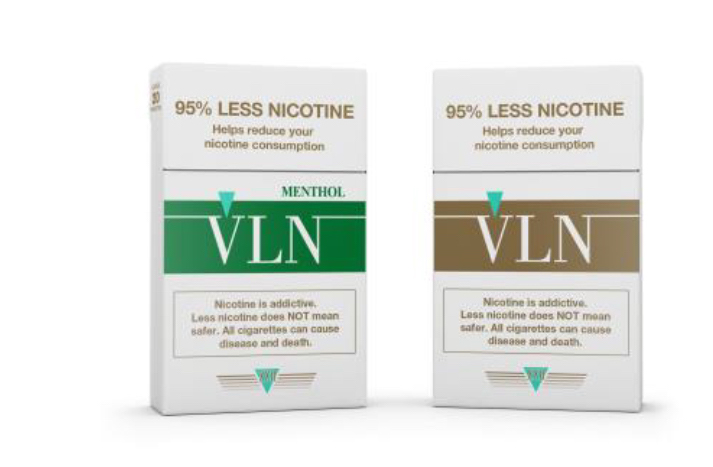Plus: A new approach to policing drugs; low-dose naltrexone and pain; and why limiting MAT can make things worse
By William Wagner
February 23, 2021New research looks at the link between early heart disease and drug use, and a pilot program in Denver—Support Team Assisted Response (STAR)—could help to transform the way law enforcement deals with substance use disorder (SUD) and other related issues. We also highlight the potential of low-dose naltrexone to replace opioids for pain management and examine misguided state policies related to opioids.
Young adults who engage recreationally in substance use increase their odds of going on to develop premature heart disease, which is defined as an event such as a heart attack, stroke or angina before age 55 for men and 65 for women.”—Research in the journal “Heart”
From Heart:
Drinking, Smoking, Drugging and Premature Heart Disease
New research in the publication Heart, part of the BMJ Journals network, pierces any myths about the invincibility of youth. According to the study, young adults who engage recreationally in substance use increase their odds of going on to develop premature heart disease, which is defined as an event such as a heart attack, stroke or angina before age 55 for men and 65 for women. The more substances involved, the greater the risk. For example, young adults who use four substances recreationally—say, alcohol, marijuana, tobacco and cocaine—are nine times more likely to have premature heart issues than those who use none. The study indicates that, in general, women are more affected than men.
From the Support Team Assisted Response (STAR) program:
Healthcare Workers to the Rescue
For addiction treatment advocates, the STAR program seems aptly named: It could serve as a lodestar for how police departments de-escalate certain incidents involving SUD, mental health, poverty and homelessness. Under the program, healthcare and mental health professionals, rather than police officers, respond to nonviolent and noncriminal calls that are tied to the aforementioned issues. The first six months of the program showed promise. From June 1 to Nov. 30, 2020, according to the program’s progress report, the STAR team responded to 748 calls and none wound up leading to assistance from the Denver police.
Regarding the initial success of the program, Denver police chief Paul Pazen told CBS News, “That’s 748 times fewer that the police department was called, meaning we can free up law enforcement to do what law enforcement is supposed to do, and really what law enforcement is good at, and that is addressing crime issues, violent crime, property crime and traffic safety. You have a safer community, and you have better outcomes for people in crisis.”
From The Journal of the American Dental Association:
Low-dose Naltrexone Might Work as Opioid Replacement for Pain
The U.S. Food and Drug Administration (FDA)-approved drug naltrexone already is used as a medication-assisted treatment (MAT) for opioid addiction, but its effectiveness might extend beyond that. Based on a study from the University of Michigan School of Dentistry, low-dose naltrexone (defined as between 0.1 and 4.5 milligrams) might be an alternative to opioids in treating chronic pain. If the finding withstands further scrutiny—and the authors stress that more research is needed—it would help to steer patients suffering from severe pain away from highly addictive opioids.
From the JAMA Network:
When State Opioid Policies Break Bad…
While U.S. states have sought to do some good with their policies addressing the opioid overdose epidemic, things don’t seem to have worked out that way. A study out of Indiana University shows that policies designed to tightly control MAT have actually made people with opioid use disorder (OUD) more inclined to shift to illegal drugs. The net effect, the study states, has been more, not fewer, overdose deaths. The conclusion of the researchers offers no solace—or definitive path forward—for anyone involved with addiction treatment: “This finding suggests that there is no easy policy solution to reverse the epidemic of opioid dependence and mortality in the U.S.”














